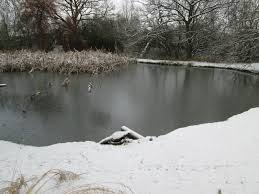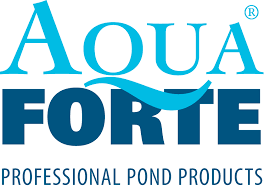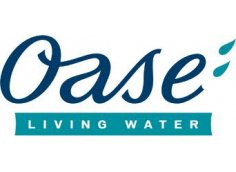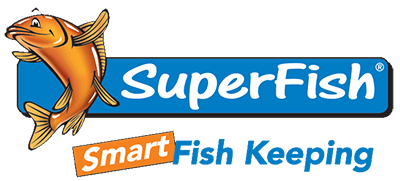With the summer turning to autumn, shorter days and the Christmas products have been in the shops for weeks, winter is on its way. There are a number of things we should consider to prepare our fishy friends for their winter home and do the best for them over the dark months!
Cleanliness – As plants start to die off, clip the dead leaves and remove any plants that could decay in the water. Remove leaves that have blown in and a quick ‘run round with the hoover’ wouldn’t go amiss! Dead and decaying matter harbours bacteria and nasties and can alter the pH of the water causing issues for your fishy pets!
Feeding – There is almost a controversy surrounding the topic of winter feeding. Many ‘rules’ (myths in some cases!) can be found online. ‘Only feed if it’s over 10 degrees’, ‘Only feed wheatgerm’, ‘Don’t feed in the winter, it will rot inside the fish killing them!’ Let’s look at these. Fish will be more opportunistic in the winter and slow down (not hibernate! Myth!!!), food presented before them may well be eaten in smaller amounts. Certain fish species (Sturgeon) require feeding in the coldest of weathers. Koi and Tench become much less active and are likely to be very slow at feeding, but other species will feed in the coldest depths of winter. Wheatgerm is a low food value food and is a good alternative. We actually do not use this, but prefer to feed smaller amounts of a good quality food here at MF Aquatics. As for food rotting inside the fish, the lakes, rivers, canals and ponds in the wild contain an abundance of food year round. The fish naturally eat this and no dead fish are seen littering the banks of the countryside! In fact, your own garden pond is likely to contain lots of insect and larvae that was laid as eggs late summer to over winter ready for emerging in the spring! This is all food! Algae that is on the pond base and walls, food! So stopping feeding pellets is your choice, but if the fish want food, they will find it!
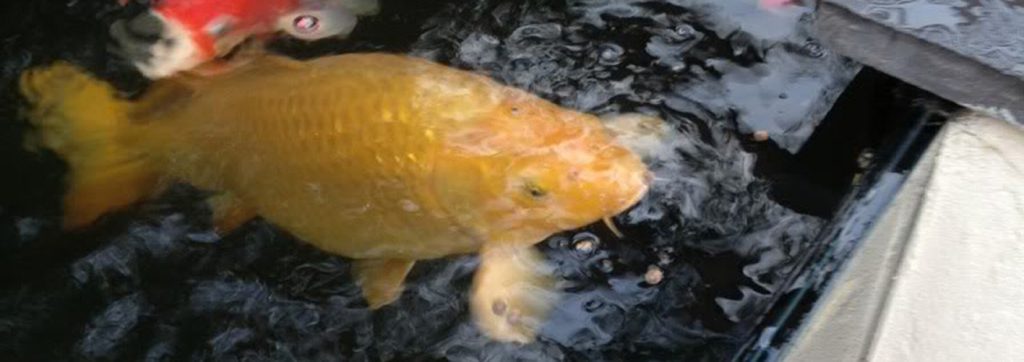
Filtration – I have read so many times that filters are turned off during the winter! NO!!!!!! Whilst fish are much less active on the whole, they are still producing ammonia. As such, a filter is still required. Whilst this is significantly less toxic at low water temperatures (a whole other discussion for the future), it will build approaching the spring and become dangerously high when the water temperatures improve. Filter bacteria does not die off in winter (although it may reduce based on the available ‘food’ of ammonia and nitrite). It will also take time for new bacteria to colonise the filter. We suggest that filters are left running year round. However, where possible, waterfalls and fountains turned off or returned below water level to prevent the water becoming ‘super chilled’. Oxygen saturation at low water temperatures is approaching maximum so is not improved by the use of fountains or waterfalls.
Ultra Violet Clarifiers – The use of UV to give clear water is common place in the aquatic world now. These kill single celled algae that causes green water. As the days get shorter and the sun weaker, it is not sufficient for this algae to re-produce. So you can turn UV’s off over the winter period. You may choose to remove them from the system if you like to prevent frost damage. They can then be checked over and serviced ready for the warmer sunnier days in the spring. A UV provides no biological filtration at all so is safe to switch off (even in summer. It only clears the water).
Pond covers – Pond covers are a good idea. The majority of the water temperature is lost though the surface. Covers that are above the water, either poly carbonate sheets or a poly tunnel are great at keeping a few valuable degrees in the water. The fish will appreciate it! On warmer days (higher than water air temp) a cover can be removed. Remember that gases also still need to escape so some area that can allow this is recommended.
Water Testing – It’s easy to take your eye off the ball on this. It’s cold and miserable outside and the last thing we want is icy fingers… However, water testing is essential over the winter. Just because fish are feeding less, it still needs to be done. The most common issue over the winter period is pH crashes. This is caused by the filter essentially consuming all of the available minerals in the water (you can test KH for water hardness and this is a good indicator 6-8 degrees of hardness is ideal), once this happens pH becomes very unstable and likely to crash causing issues and fatalities quickly. Ammonia is less toxic in cooler temperatures so has a level of tolerance and should not panic people if it’s higher then normal. If you only measure one thing over the winter, check your pH!
Pre Winter Treatment – I see a lot of people throwing in a pre winter treatment. Would you take a tablet for something you might have? Then why do that to the fish? Whilst most treatments are ‘fish safe’, it’s not good practice to throw chemicals in for something that might be there. If you are concerned, get an accurate diagnosis before it gets too cold making treatments more difficult and less effective!
Salt – Salting a pond over the winter. Why? It appears to be a common practice. But again, see pre winter treatments! Pond fish are not marine! Salt is an effective treatment and can be used in winter. Large volumes are needed though so save it for an accurate diagnosis! Also with salt, it cannot be used with other treatments and if your fish do get ill and require a bespoke medication, do you want to do a full water change in December where you have to defrost the hose first???
Say Hi – We all keep pond fish for different reasons. But they are sociable creatures and respond to visual stimulus. Check on them throughout the winter. The shouldn’t be disowned because it’s cold outside. Even if it’s just a quick hello to check the fishy fellows are ok!

 Aquarium Fish
Aquarium Fish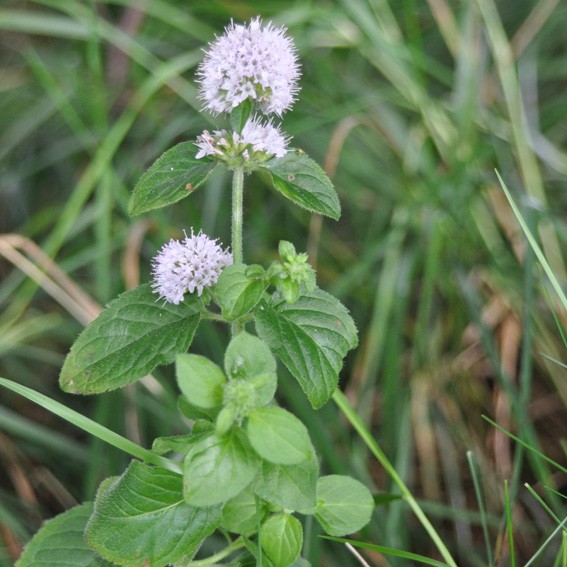 Aquatic Plants, Mussels and Snails
Aquatic Plants, Mussels and Snails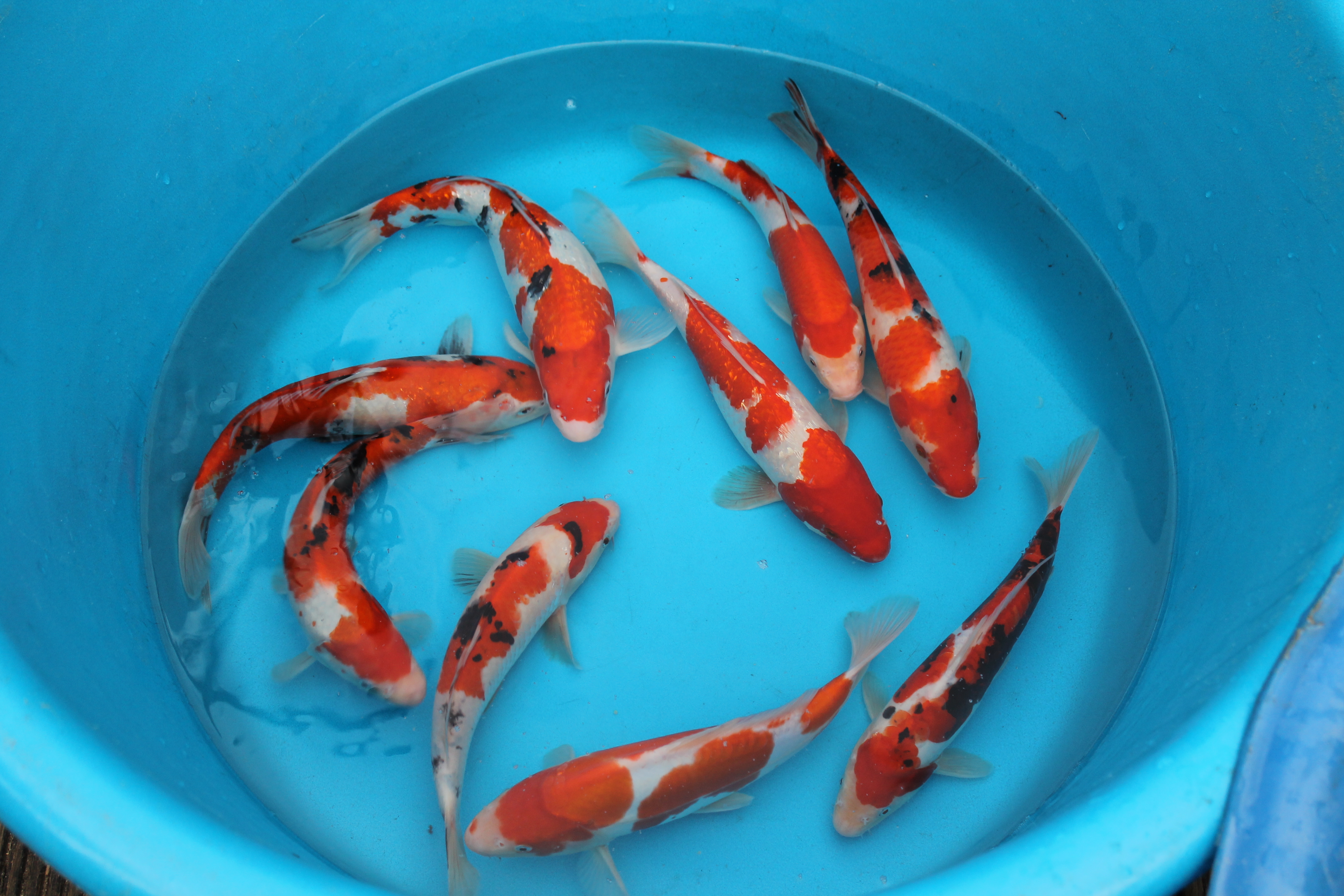 Koi
Koi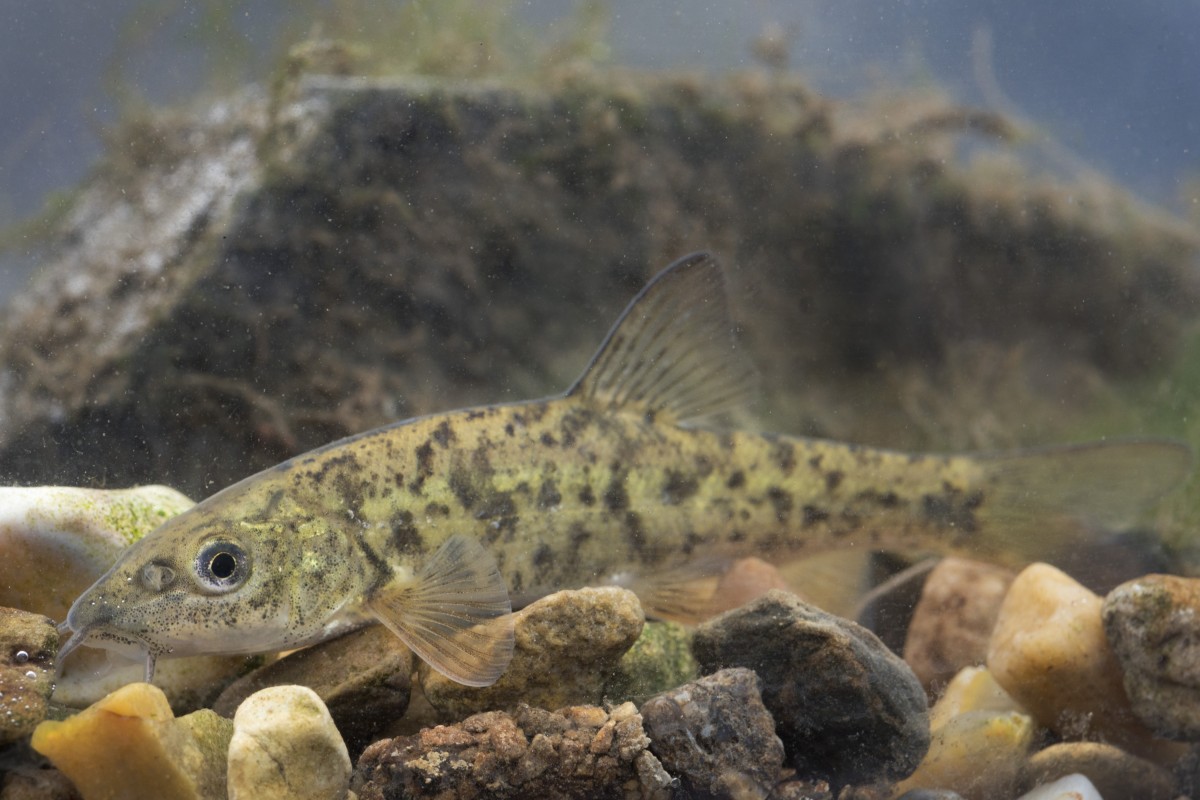 Native Fish
Native Fish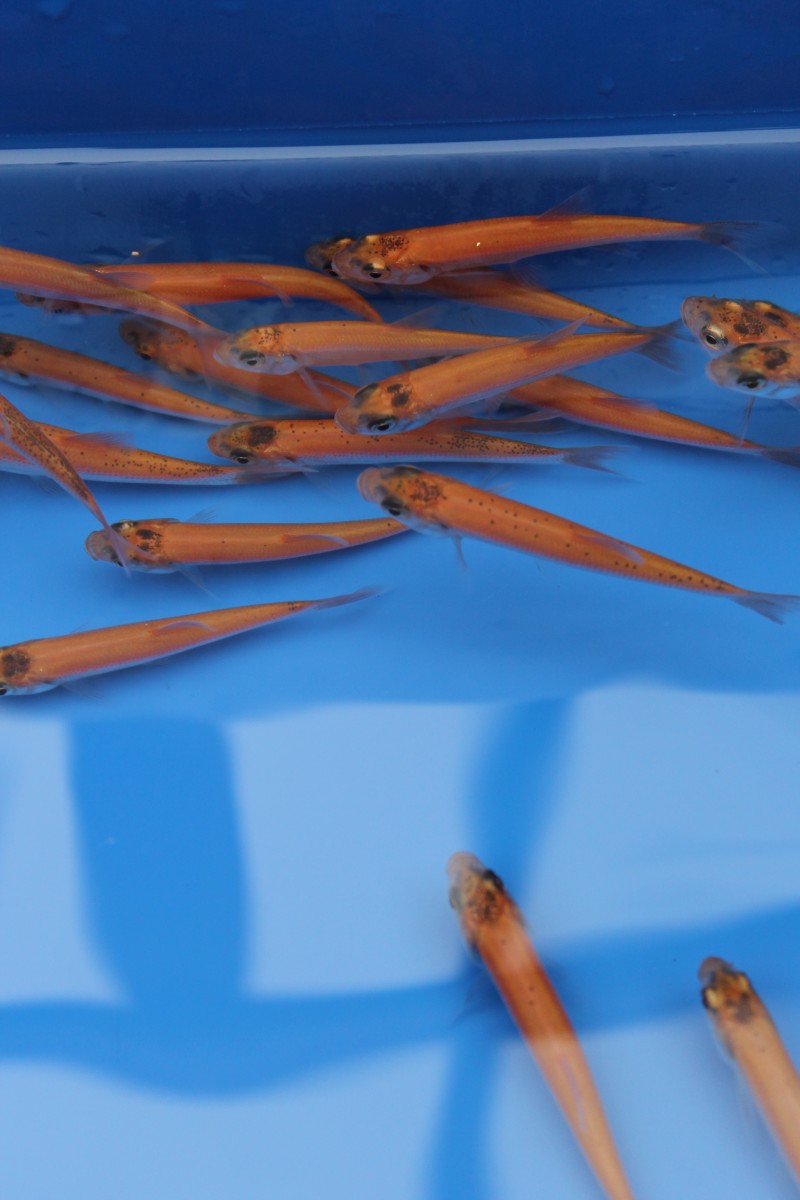 Ornamental Fish
Ornamental Fish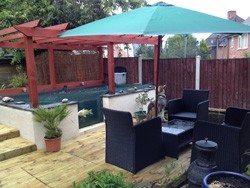 Pond Building
Pond Building